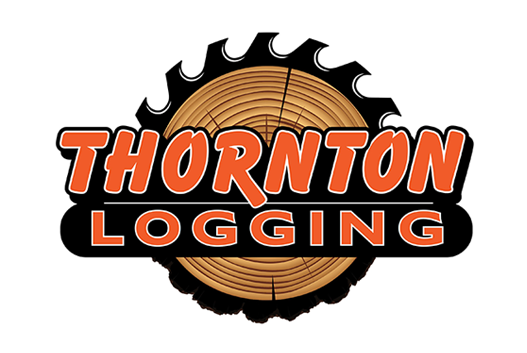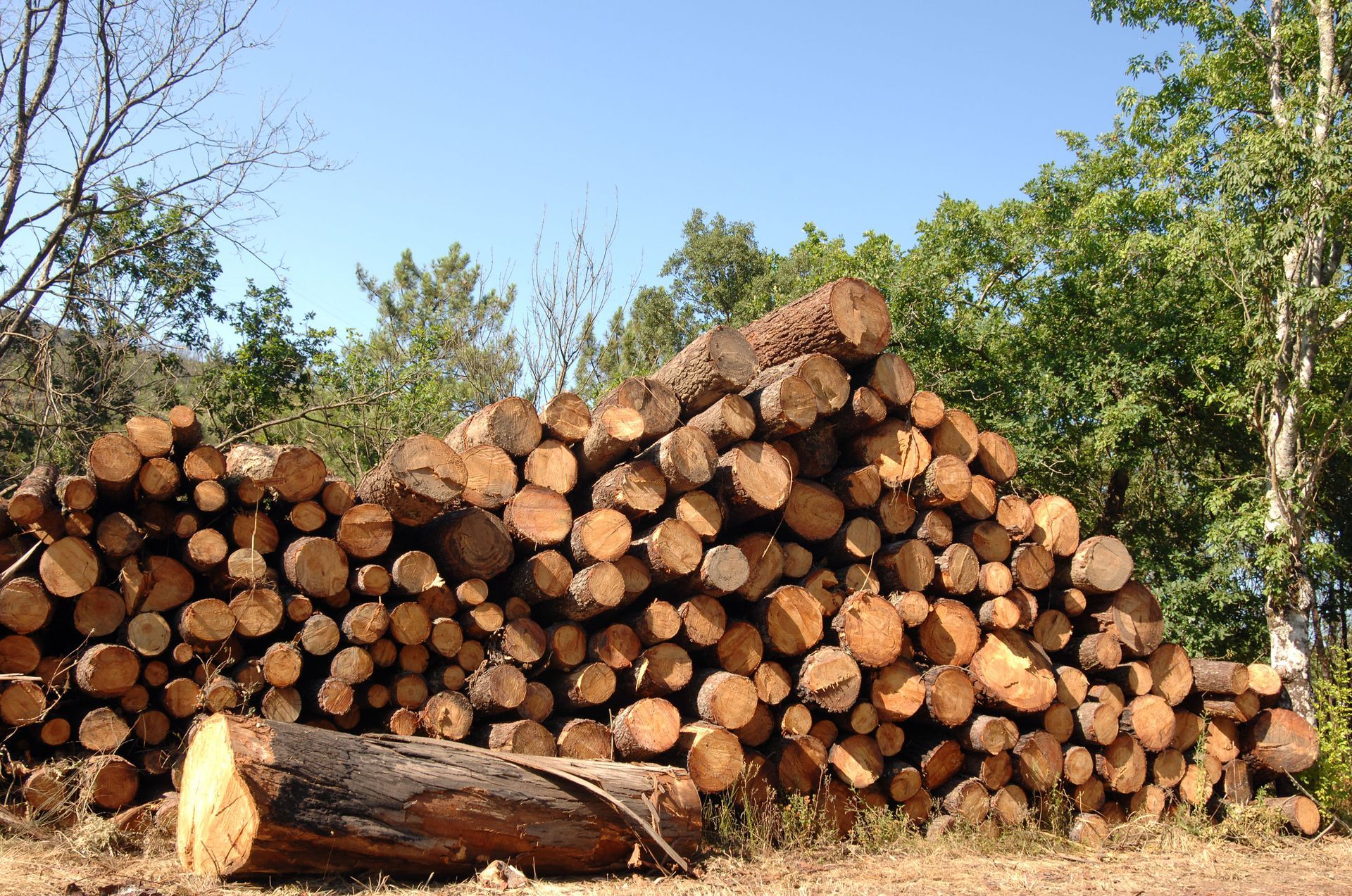November 4, 2025
Land clearing is a critical process that involves removing trees, underbrush, and other vegetation to prepare a tract of land for developmental purposes. Logging services play a pivotal role in this procedure, ensuring that land clearing is conducted safely and efficiently. In a world where technological advancements and environmental concerns continue to shape industries, logging services have evolved to incorporate modern methods and equipment, establishing themselves as indispensable players in land management. This article delves into the multifaceted responsibilities of logging services, exploring their operational processes, tools, innovations, and impacts on both the environment and society.
Logging Services in Land Clearing
Logging services are essential for the systematic removal of trees and other vegetation on a given parcel of land, primarily for the purpose of preparing it for new agricultural, urban, or industrial developments. At the core, these services ensure that land clearing is performed in a controlled manner, using specialized equipment and methodologies to minimize waste and environmental impact. These professionals possess the expertise to assess land conditions and determine the most appropriate strategies for efficient clearing. According to DGB Group, in the United States, there are approximately 521 million acres of timberland geared towards production, emphasizing the need for meticulous management. The scale and complexity of operations often vary depending on the nature of the project, showcasing the diverse roles that logging services can fulfill.
Logging services employ a vast array of machinery and tools to execute land clearing tasks safely and efficiently. Among the primary equipment are feller bunchers, which are designed to cut and gather trees, providing a steady workflow that integrates cutting and collection. Skidders are then used to transport logs from the cutting site to a centralized location where further processing occurs, ensuring seamless operation across the clearing area. Additionally, chippers are employed to convert smaller branches and brush into wood chips, which can then be used for various purposes such as biomass energy production or mulch. The systematic use of these advanced machines not only streamlines the land clearing process but also contributes to resource conservation.
Expertise plays a crucial role in the logging industry, where skilled professionals are responsible for both operating complex machinery and making strategic decisions. Logging services rely heavily on operators who are extensively trained in safety protocols and equipment handling to execute tasks effectively. These professionals possess a thorough understanding of terrain types, weather conditions, and plant characteristics, allowing them to devise strategies that mitigate potential hazards. Furthermore, their expertise extends to environmental considerations, ensuring compliance with regulations pertaining to land clearing and forestry management. By maintaining a workforce that is adept in these areas, logging services not only optimize operational efficiency but also uphold industry standards and contribute to sustainable practices.
Advantages of Using Logging Services
Logging services provide significant efficiencies in land clearing by integrating cutting-edge technology and optimized workflows. The utilization of advanced machinery reduces the time and labor required to clear large tracts of land, allowing projects to remain on schedule and within budgetary constraints. Additionally, specialized teams can develop efficient strategies based on terrain and project requirements, ensuring that clearing operations do not face unnecessary delays. The ability to swiftly prepare land for subsequent developmental uses yields substantial economic benefits for stakeholders. With the U.S. boasting vast expanses of timberland, efficiency is paramount in ensuring that these resources are managed effectively for various production purposes.
Safety is a central tenet of logging services, with stringent measures in place to protect workers and minimize risks during land clearing operations. Comprehensive training programs equip operators with the necessary skills to safely handle heavy machinery and navigate challenging environments. Additionally, logging services employ rigorous safety protocols, such as the use of personal protective equipment and regular safety audits, to foster a culture of precaution and vigilance. Implementing risk assessments also helps identify potential hazards and formulate mitigation strategies to ensure safe and controlled clearing. This focus on safety extends beyond the workforce, contributing to the overall security and integrity of the land being cleared.
Engaging professional logging services can be a cost-effective solution compared to alternative or do-it-yourself methods of land clearing. The specialized knowledge and equipment provided by these services streamline the process, avoiding the inefficiencies and potential setbacks associated with inexperienced operations. Additionally, logging services are typically well-versed in capitalizing on market opportunities, such as utilizing harvested timber for commercial purposes, thereby offsetting some of the clearing costs. Comprehensive project planning ensures that financial resources are allocated effectively, resulting in more predictable budgeting and expenditure. Consequently, stakeholders can maximize their return on investment while benefiting from the expertise and resources that logging services offer.
Technology and Innovations in Logging Services
The logging industry has witnessed significant technological advancements, primarily with the development of advanced machinery that enhances operational efficiency and safety. Modern feller bunchers, for example, are equipped with cutting-edge features that enable precise tree felling while minimizing collateral damage to surrounding vegetation. Skidders have also evolved to provide optimized log transportation mechanisms, reducing bottlenecks during land clearing projects. Innovations like these ensure that logging operations are conducted with higher productivity levels and lower operational costs. The incorporation of GPS technology further aids machinery operators by improving accuracy and coordination, ultimately fostering safer and more efficient land clearing processes.
Automation and robotics are progressively becoming integral to modern logging services, introducing new levels of efficiency and precision to land clearing operations. The deployment of automated machinery capable of performing repetitive tasks with high accuracy reduces the physical workload on human operators, diminishing the likelihood of manual handling-related injuries. Robotics plays a pivotal role in executing complex tasks such as selective logging, boosting productivity while simultaneously upholding environmental standards. As these technologies continue to evolve, logging services can reap the benefits of enhanced precision and speed in land clearing operations. Moreover, automation provides opportunities for remote operation, allowing professionals to monitor and control processes from a safe distance, thereby further enhancing safety measures.
Case Studies of Successful Land Clearing Projects
Forestry restoration projects often rely on the expertise and resources of logging services to successfully rehabilitate areas impacted by natural disasters or unsustainable practices. For instance, reforestation initiatives in areas struck by wildfires benefit from the systematic clearing and preparation of land facilitated by logging professionals. By ensuring that damaged trees and vegetation are responsibly cleared, these services lay the groundwork for successful regrowth and increased biodiversity. Such projects also employ techniques like seed planting and controlled burns that are strategically aligned with both short-term rehabilitation and long-term ecological restoration goals. As a result, forestry restoration projects see improved outcomes, contributing to global conservation and sustainability efforts.
Urban development projects often necessitate extensive land clearing to make way for infrastructure such as roads, commercial spaces, and residential neighborhoods. Logging services play a critical role in efficiently managing these projects, ensuring minimal disruptions to existing urban landscapes while preparing the land for construction. Case studies highlight successful collaborations where
logging services have effectively coordinated with urban planners to maintain compliance with zoning regulations and environmental requirements.
Logging services stand as an indispensable component of responsible land clearing and development. Their combination of technical expertise, advanced machinery, and commitment to safety ensures that projects are completed efficiently while minimizing environmental impact. As technological innovation continues to advance the industry, logging professionals are increasingly able to balance productivity with sustainability—meeting both economic and ecological goals. Contact Thornton Logging today for more information.




